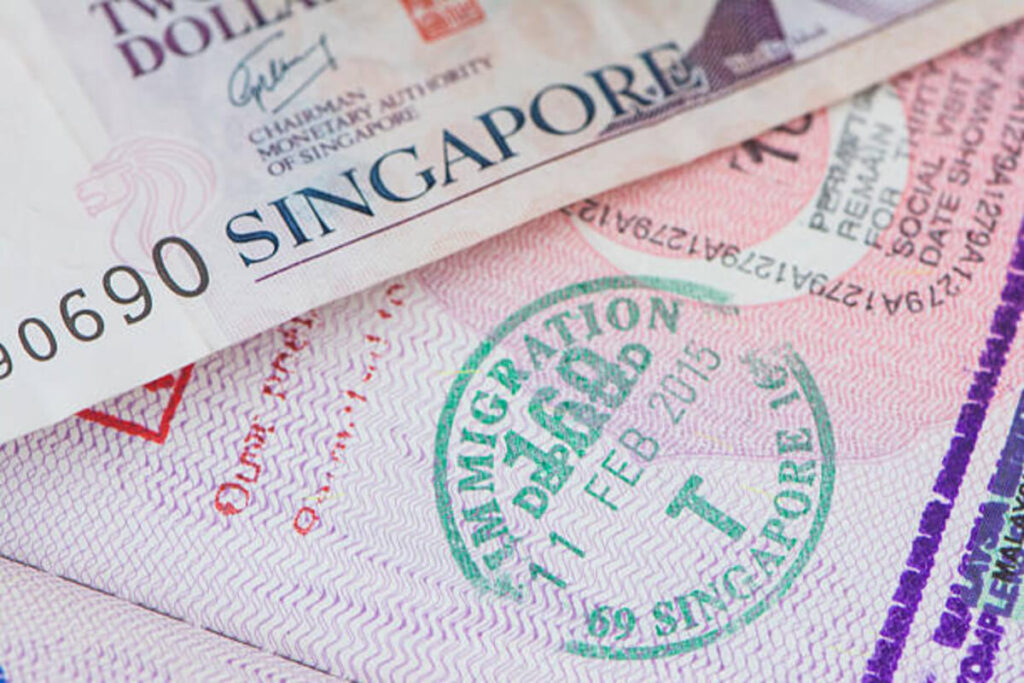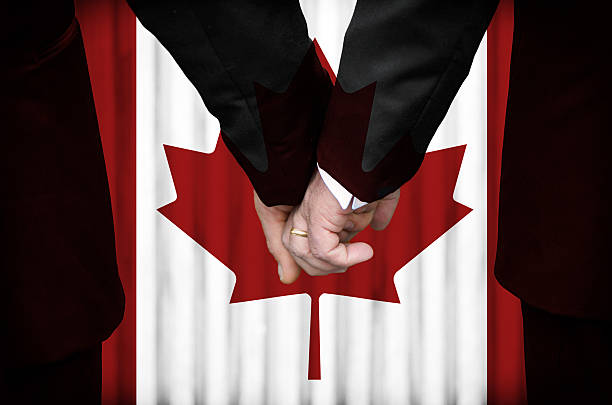Opening a bank account in a new country can feel confusing, especially if you’re unfamiliar with the process. Whether you’re moving for work, study, or a fresh start, having a local bank account is one of the first steps to settling in smoothly. It helps you receive payments, pay bills, and manage daily expenses with ease.
Advertisement
Banks in different countries have different rules, but most offer services that support newcomers. In this guide, you’ll learn how to open a bank account abroad as a newcomer what you need, what to expect, and how to choose the best option for your situation.
Choose the Right Type of Bank Account
Start by choosing a bank account that fits your needs. If you’re working abroad, you may want a personal or salary account. Students can look for education-friendly accounts with low fees. If you run a business, ask about business account options. International or online banks like Revolut and Wise are good if you want global access.

Physical banks may offer more in-person help. Also, consider whether you need an account that handles multiple currencies. Making the right choice from the start saves you money and time later. Ask questions before applying and compare what each bank offers.
- Decide what you need: Personal, student, business, or multi-currency.
- Local vs international bank: Choose between banks in your new country or global banks with international services.
- Digital or physical bank: Some banks let you open accounts online without visiting a branch.
Read: USA Immigration Update 2025: New Rules You Need to Know Before You Apply
Check the Bank’s Requirements
Each country has its own rules for opening a bank account. Some banks are stricter than others. Most will ask for your passport, visa or residence permit, proof of address, and sometimes proof of income. Some may also ask for a local tax ID. If you don’t have a local address yet, some banks allow temporary addresses.
It’s best to prepare your documents in advance. Scan them clearly and bring paper copies if applying in person. If you’re applying online, upload high-quality images. Check the bank’s website or contact them directly to confirm what they need.
Every country and bank has different rules. Common documents include:
- Passport
- Proof of address (utility bill, rental agreement)
- Proof of income or employment
- Visa or residence permit
- Tax Identification Number (in some countries)
Open Your Account Before or After Arrival
Some banks let you open an account before you even arrive in your new country. These include digital banks and international branches of HSBC, Barclays, and others. This is a good option if you want to transfer money ahead of time. If you prefer to wait until you arrive, you can visit a local branch with your documents.
Staff often speak English, especially in big cities. Many banks also offer online forms and support. Make sure to ask about wait times for approval and debit card delivery. Choose what’s most convenient based on your timeline and comfort level.
- Before arrival: Some banks (like HSBC, Revolut, or Wise) let you open accounts online or through global onboarding services.
- After arrival: Visit a local branch with your documents. Ask for help in English if needed.
Consider Banks That Welcome Newcomers
Some banks design services specifically for newcomers, students, and expats. These banks often offer low-fee or no-fee accounts with simple sign-up processes. They understand the challenges of starting over in a new country. Look for banks that offer multi-language support, flexible proof of address rules, and good customer service.
You may also get perks like no minimum balance, free ATM use, or cashback rewards. Many banks also offer guides or support for setting up payments and transfers. Choosing a bank that actively helps newcomers can reduce stress and help you settle in faster and more smoothly.
Some banks have newcomer packages or expat services. Look for:
- No minimum balance
- Free ATM withdrawals
- Free money transfers
- Easy mobile banking apps
Compare Fees and Features
Bank fees can add up quickly, especially when you’re abroad. Before choosing a bank, compare account features and costs. Some charge monthly maintenance fees, while others are free. Check the cost of ATM withdrawals, wire transfers, and currency conversion. Look at the limits for online payments and card use.
A good bank offers easy-to-use apps, fast money transfers, and strong security. Also, check if they support Apple Pay, Google Pay, or offer virtual cards. A little research goes a long way. Choosing a low-fee, feature-rich account can help you save money and avoid frustrating limitations later on.
Check these before you sign up:
- Monthly fees
- ATM withdrawal limits
- International transfer costs
- Currency conversion charges
- App and online banking features
Open the Account and Fund It
Once you choose your bank and prepare your documents, you can apply to open the account. Some banks approve accounts instantly, while others take a few days. After your account is active, you can fund it. You can deposit cash at a branch, transfer money from another bank, or use international money transfer apps like Wise or Remitly.

Always confirm the best funding method to avoid hidden fees. After the first deposit, you’ll get access to debit cards and online tools. Keep your transaction receipts and set alerts to monitor your account activity in real time.
- Submit your documents online or in person
- Wait for account approval (can be instant or take a few days)
Once open, add funds via:
- Cash deposit
- Bank transfer
- International money transfer services
Read: Breaking Down Canada’s Express Entry System: How It Works
Set Up Digital Banking Access
Modern banking is mostly done online, so setting up digital access is important. After opening your account, download your bank’s mobile app or register through their website. Use a strong password and turn on two-factor authentication for added security. Enable instant alerts for every transaction so you always know what’s happening.
Many apps let you pay bills, send money, and track spending in real time. Some offer budgeting tools and spending summaries. Digital banking helps you manage your money anytime, anywhere. If you ever have trouble, most apps offer in-app chat or phone support to help you.
- Download the bank’s app or register online
- Set up two-factor authentication
- Turn on notifications for transactions and transfers
Link to Local Services
Once your account is ready, you can use it for everyday life. You can link it to your salary, pay your rent, sign up for internet or phone services, and shop online. Your new bank card can also be used in local stores or to take cash from ATMs. If you’re working, ask your employer to deposit your wages directly into the account.
If you’re a student, link your account to school payment portals. This step connects your banking to your day-to-day needs, making life easier. Make sure everything works smoothly and report any issues to your bank.
Use your account to:
- Receive salary
- Pay rent and utilities
- Shop online
- Get a local debit card or a virtual card
Open a Currency-Friendly Account (Optional)
If you send or receive money in different currencies, a multi-currency account can save you a lot of fees. Services like Wise, Revolut, and N26 offer accounts that hold and convert multiple currencies with low or no conversion fees. These are useful if you get paid in one currency and spend in another.
They also help you avoid high exchange rates from traditional banks. Some accounts even let you receive money with local account numbers in multiple countries. This is perfect for freelancers, travellers, and remote workers. It’s also fast and usually much cheaper than wire transfers.
If you’ll send or receive money in different currencies, consider:
- Wise Multi-currency Account
- Revolut
- N26
- HSBC Global Money
- Helps reduce exchange fees and makes global transfers faster
Keep Your Account Safe
Protecting your bank account is just as important as opening it. Never share your PIN, password, or login details with anyone. Use strong passwords and update them often. Turn on transaction alerts to spot any suspicious activity. Don’t use public Wi-Fi when accessing your banking app.

If you lose your card or phone, report it immediately and block access. Many banks offer instant card freezing through their app. Also, regularly check your account balance and recent transactions. Staying alert and taking basic precautions helps you avoid fraud and keeps your money safe and secure wherever you are.
- Avoid public Wi-Fi for banking
- Use strong passwords
- Don’t share your PIN or account info
- Report lost cards or suspicious activity immediately
Read: Complete Guide to Securing a UK Skilled Worker Visa
Opening a bank account abroad as a newcomer is a simple process when you know what to expect. You need to choose the right type of account, prepare the required documents like your passport and proof of address, and decide whether to open it before or after arrival. Many banks offer newcomer-friendly options with low fees and helpful support.
You can fund your account through transfers or deposits and manage it easily through online banking. With the right steps, opening and using your account abroad becomes stress-free and helps you handle your finances confidently in a new country.


